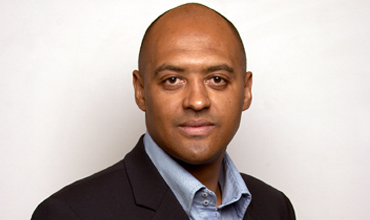February 2, 2013 by
29th Africa Cup of Nations

Ivory Coast remain on course to win the Africa Cup of Nations in what is likely to be the final flourish for the great Didier Drogba and their “golden generation”. The Ivorians breezed through their qualifying group here in South Africa, but this may well be the last chance for the current crop of outstanding players. As well as Drogba, brothers Yaya and Kolo Toure and Salomon Kalou are nearer the end than the beginning of their international careers.
The tiny islands of Cape Verde have been the surprise package at the tournament. They are first time qualifiers who have miraculously made it through the group stages to the quarter finals. They have players like Platini, David Silva and Josimar but little of the quality of their more prestigious namesakes. The part time coach Luis Antunes has taken a break from his regular job as an air traffic controller to lead the team. He has even been getting tips from a well known pal of his, one Jose Mourinho the Real Madrid coach.
As Europe shivers, it is high summer in South Africa. Glorious sunny days give way to balmy, breezy evenings and the trees are laden with amazing tropical fruits. The warm pleasant conditions after dark are ideal for football but the tournament has not really sprung into life yet.
You would imagine that after successfully staging the 2010 World Cup, hosting the Africa Cup of Nations would be a piece of cake. But there have been problems with ticketing. Quite a few games have taken place in near empty stadiums and the pitch at the Mbombela Stadium in Nelspruit is a disgrace. Any tournament needs the hosts to progress and South Africa have not disappointed. The black population in particular is gripped by the progress of Bafana Bafana. It is the only subject of conversation in bars, restaurants and online.
You still sense a racial and sporting divide though. The tournament is met with amused indifference among the rugby-mad Afrikaners. The Super 15 tournament, which pits the best of the southern hemisphere sides together, is about to start. So, for rugby followers the football is largely as sideshow.
By and large the stadiums are magnificent. Rustenburg is a curious choice as a host city. The other disappointment is the absence of Cape Town as a venue. It was used during the World Cup two and a half years ago. My own personal favourite is the Moses Mabhida Stadium in Durban. It has a stunning arch soaring 106 metres above the playing surface and enjoys a wonderful position close to the beach.
The tournament reaches a climax in Johannesburg on Sunday February 10th. Soccer City in Soweto has been renamed the National Stadium after the World Cup. The arena, shaped like a calabash or traditional African bowl, provides a fitting setting. The only question now is whether Drogba and co can deliver Ivory Coast’s first African title since 1992 .

